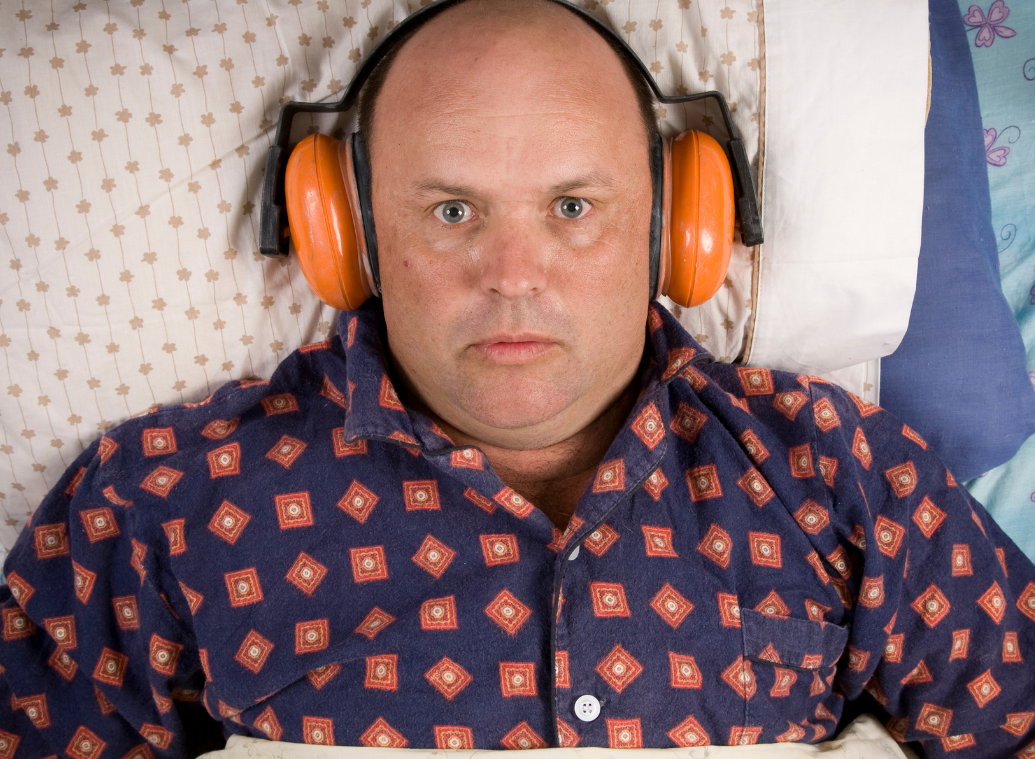- Home
- Forums
- General forums
- Good to know
- 10 Easy Ways to Improve Your Relationship With Your Doctor
10 Easy Ways to Improve Your Relationship With Your Doctor
- 216 views
- 0 support
- 4 comments
All comments

Jontt44
Good advisor
![]()
Jontt44
Last activity on 08/01/2025 at 11:07
Joined in 2015
53 comments posted | 9 in the Good to know group
Rewards
-
Good Advisor
-
Contributor
-
Committed
-
Explorer
-
Evaluator
-
Friend
My G.P is amazing absolutely the best ever since moved to his Area1986 and G.ps before. When I moved home 4 years ago for health reasons he kept me on his list knowing only make appointment when genuinely needed. In fact said like see me more often! I know his interests hobbies ect. As he mine before I becoming incapable of most over last 30 years.
See the signature
Terencjtt

Margarita_k
Good advisor
![]()
Margarita_k
Last activity on 07/10/2020 at 11:39
Joined in 2016
1,195 comments posted | 118 in the Good to know group
2 of their responses were helpful to members
Rewards
-
Good Advisor
-
Contributor
-
Messenger
-
Committed
-
Explorer
-
Evaluator
Hi @Jontt44, thanks for sharing your experience with your GP! That's great that you have good relationship and that he is always there when you need him.
See the signature
Community Manager

robjmckinney
AmbassadorGood advisor
![]()
robjmckinney
Ambassador
Last activity on 16/12/2025 at 13:07
Joined in 2015
637 comments posted | 109 in the Good to know group
64 of their responses were helpful to members
Rewards
-
Good Advisor
-
Contributor
-
Messenger
-
Committed
-
Explorer
-
Evaluator
Over the years I feel most GPs are incompetent and no matter what you do it won't improve your life chances. The best option is insist on getting a referral to a expert instead of allowing incompetent GPs get it wrong and hoping you get well over time. My family over many years have trusted GPs and now are dead directly through doctor's incompetence. Having traveled around many surgeries in different parts of the country finding the odd good one is a miracle.
Never trust a word they say, if you feel you are much worse than they claim. It is your life don't let them throw pain killers at you insist on the tests which in most cases cheap. Research online your ailments and go in armed to the teeth so they can't 'short change' you. They have such short time with you, book a double appointment to give them the time you need.
See the signature
robjmckinney

Dodger99
Dodger99
Last activity on 12/04/2021 at 13:09
Joined in 2016
27 comments posted | 5 in the Good to know group
1 of their responses was helpful to members
Rewards
-
Contributor
-
Committed
-
Explorer
-
Evaluator
-
Friend
-
Newsfeeder
I must be fortunate as all the GPs I've seen have been extremely considerate and caring. Online diagnosis has its limitations and cannot replace the human interaction.
See the signature
Dodger99
Give your opinion
Survey
Articles to discover...
Subscribe
You wish to be notified of new comments
Your subscription has been taken into account








Margarita_k
Good advisor
Margarita_k
Last activity on 07/10/2020 at 11:39
Joined in 2016
1,195 comments posted | 118 in the Good to know group
2 of their responses were helpful to members
Rewards
Good Advisor
Contributor
Messenger
Committed
Explorer
Evaluator
People who have better relationships with their doctors tend to have better health outcomes. Here’s how you can improve your relationship with yours.
If you become sick in the middle of the night, you might wake up your spouse, or even let work know you won't be coming in the next day. But some people — at least, those with particularly good relationships with their doctors — might send a quick email over to their physician to let them know what's going on. This sort of interaction may be part of the reason why patients who have good relationships with their doctors tend to have better health outcomes, as a new study found.
1. Prepare for your appointment.
It’s more than just getting to the office on time. You should also bring all of your current medications (over-the-counter or prescription) to your appointment, along with notes about key facts like whether you've gotten a flu shot at a health clinic, Dr. Tucker said. Write down any recent health problems or concerns that you have beforehand, so you make sure to bring them up.
2. Prioritize your problems.
It’s true that doctors tend to be pressed for time, but that doesn’t mean you should modify your needs to fit within a 30-minute window, said James Tulsky, MD, chief of palliative care at Duke University School of Medicine. Make a list of the things you want to address, and let your doctor know how many things are on it at the start of an appointment, Riess suggested. Ask how many items on your list your doctor can get to today, and if they’re not all addressed, talk about making another appointment, she said.
3. Don’t just share the chief complaint, share the chief concern.
It may seem more natural to simply tell your doctor about a specific problem you’re having — pain in your knee, for example. But it’s equally important to share what your main concerns about it are, Riess said. Your concern might be about whether you need to have surgery for your knee, because surgery worries you, or because you’ll need someone to watch your kids. If you don’t share your concerns, your doctor can’t respond to them, and remember — doctors are trained to address your concerns, too.
4. Make sure you leave with the information you need.
It can be hard to speak up in a doctor’s appointment to say that you don’t understand how to take a medication or what you need to do to follow up. “It feels like you’re interrupting,” Tulsky said. But when you leave the office, you become responsible for your care, so you need to make sure all of your questions, including emotional concerns, are met. Tulsky also noted that research shows that doctors respond more strongly if a patient brings up a question twice.
5. Record your visit, or bring someone to take notes.
There’s often a lot of information to absorb during a doctor’s appointment, particularly if you’re facing a major, frightening health challenge. You may be distracted by trying to take in a diagnosis, so it can be helpful to bring along a spouse, friend, or family member to take notes and ask questions, said David Longworth, MD, the chairman of the Cleveland Clinic’s Medicine Institute. Alternatively, you could record your visit so you can refer to the information later, Tulsky said — just make sure you ask your physician if that’s all right.
6. Ask how to reach your doctor after hours.
Every doctor will have a different preference, and some offices have systems set up, so it’s important to ask your doctor how you should be in touch in the event of a medical problem that happens outside of regular hours. If you know the system for getting in touch in advance, that’s one less thing to worry about when you’re actually facing a medical crisis.
7. Learn how to use electronic health records.
EHRs shouldn't just be for doctors — the new electronic health records should be making it easier for you to manage your care, too. Find out if your doctor’s office is using EHRs, and figure out how you can use the access portal, too. Signing up to use EHRs allows you more access to your records and educational material, Tucker noted, and provides you with a secure system for emailing your doctor, Tulsky said.
8. Tell them if you’ve gone to another doctor.
Whether it’s a specialist, an emergency care situation, or an appointment you had to schedule on a day that your doctor was out, it’s important to make sure your main doc is in the loop about the other medical care you’ve received. EHRs make it easy to share information if the doctors are in the same system, but always make sure to ask that a record of the visit be sent to your primary care doctor. Carrying your doctor’s card, with the relevant contact information, will make doing this a breeze, Tucker advised.
9. If your doctor isn't meeting your needs, bring it up.
It can be hard to tell your doctor that there are certain parts of your care that you think are lacking, but all four physicians said it’s important that you do so. “Sometimes they just need to be told ‘this isn’t working,’ and they will try very hard to fix it,” Tulsky said.
10. Find another doctor.
If you’ve brought up the problems you’re having with your doctor and nothing seems to have changed, you should feel free to find a new one. “This is all about having confidence and trust in someone that you’re entrusting your life to,” said Dr. Longworth. If you have any doubts about your doctor’s clinical competence, or you just don’t feel like you have a good relationship, look elsewhere, Longworth said.
Source: everydayhealth.com
___________________________________
What relationship do you have with your doctor?
Have you already changed your doctor for some reasons? What were they?